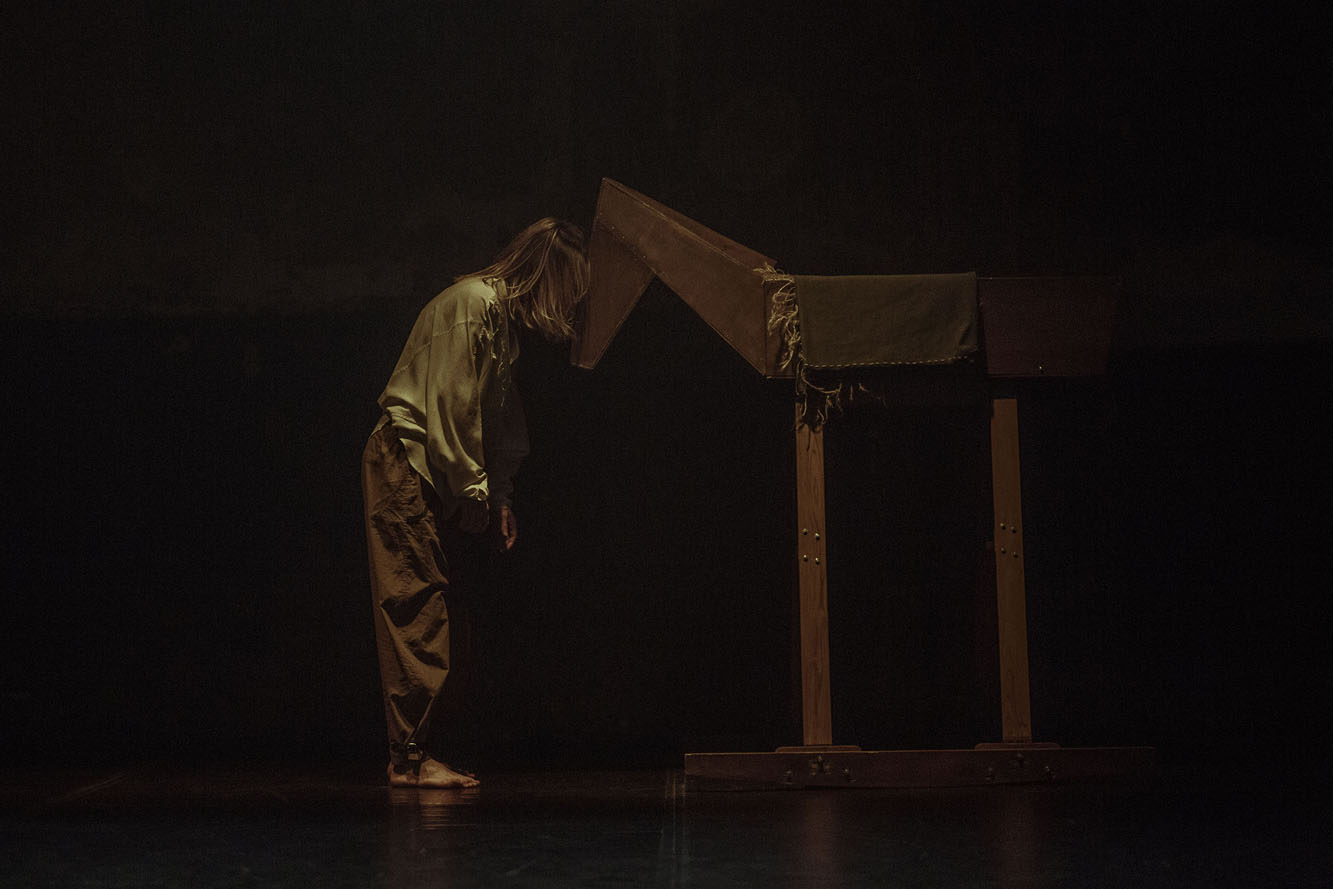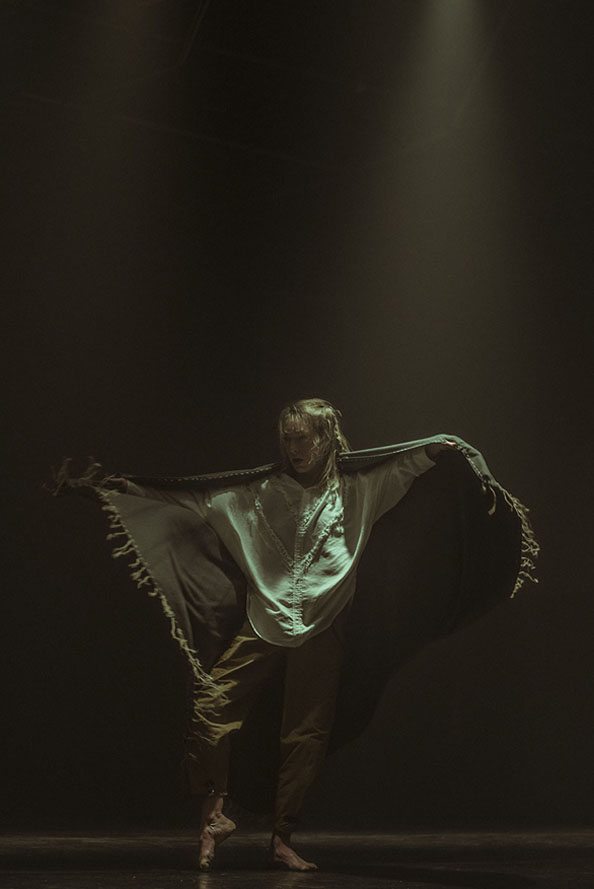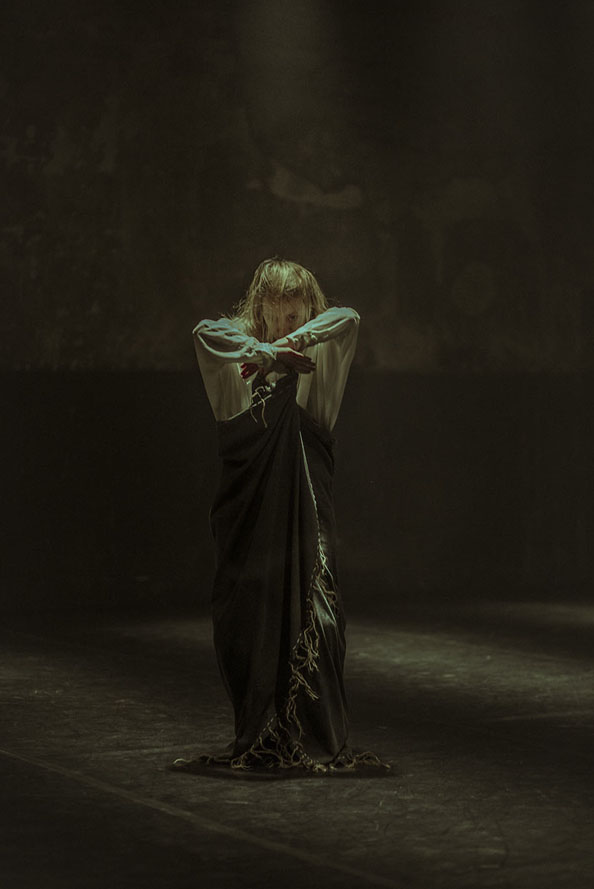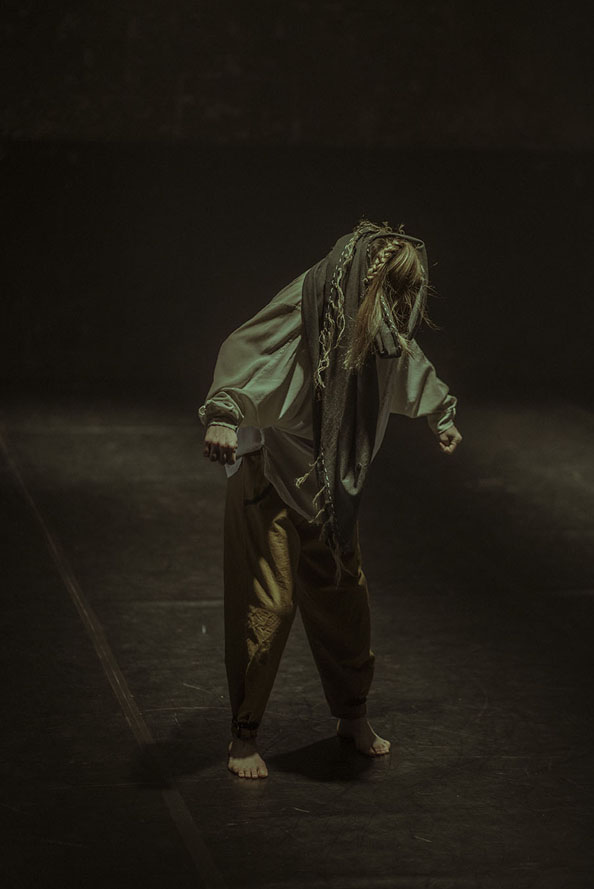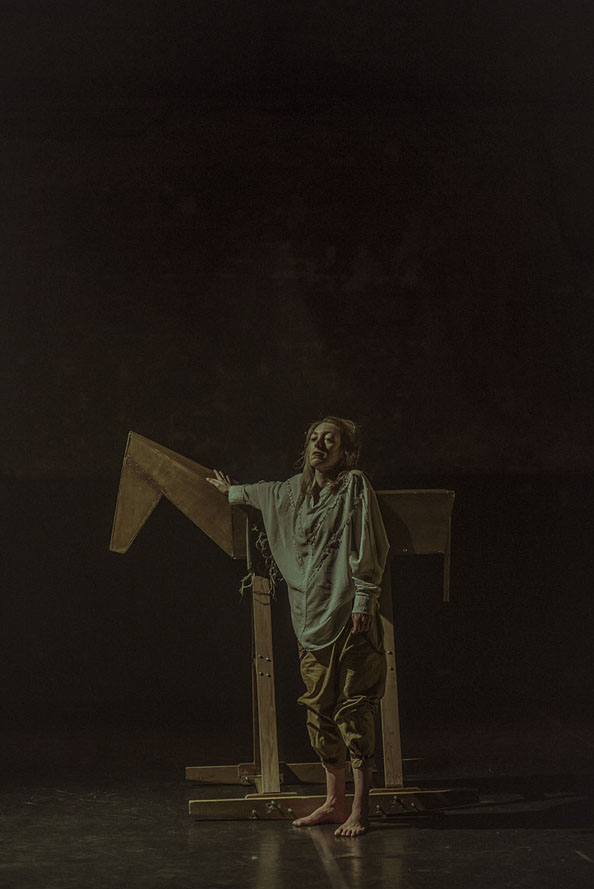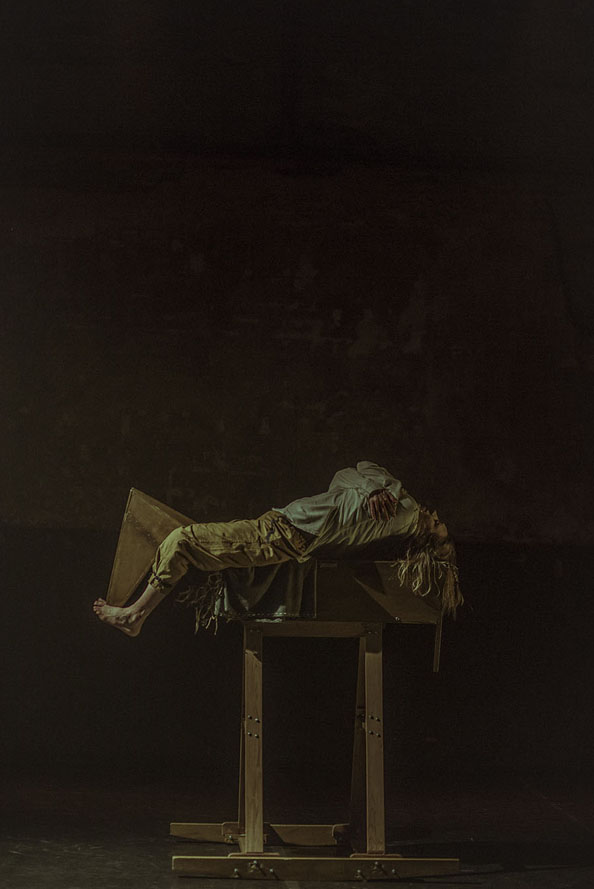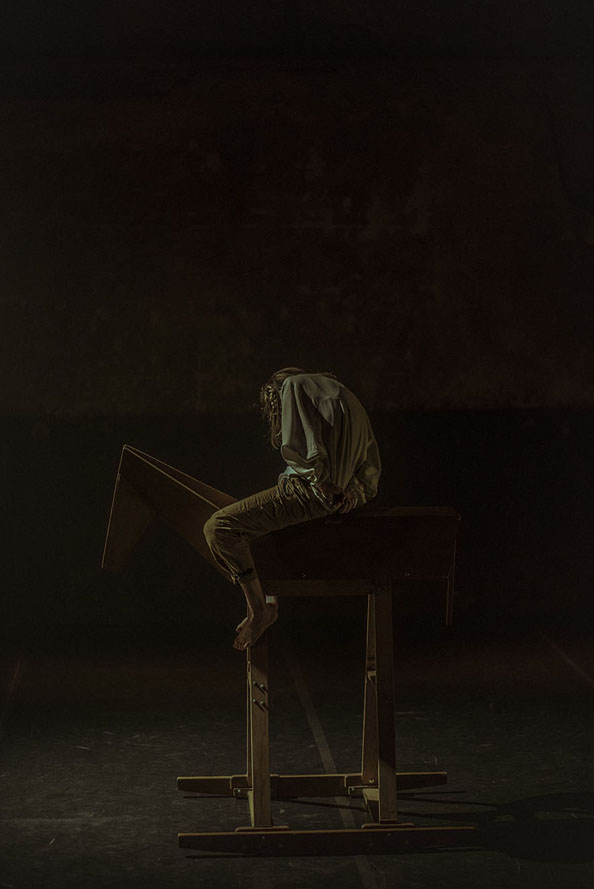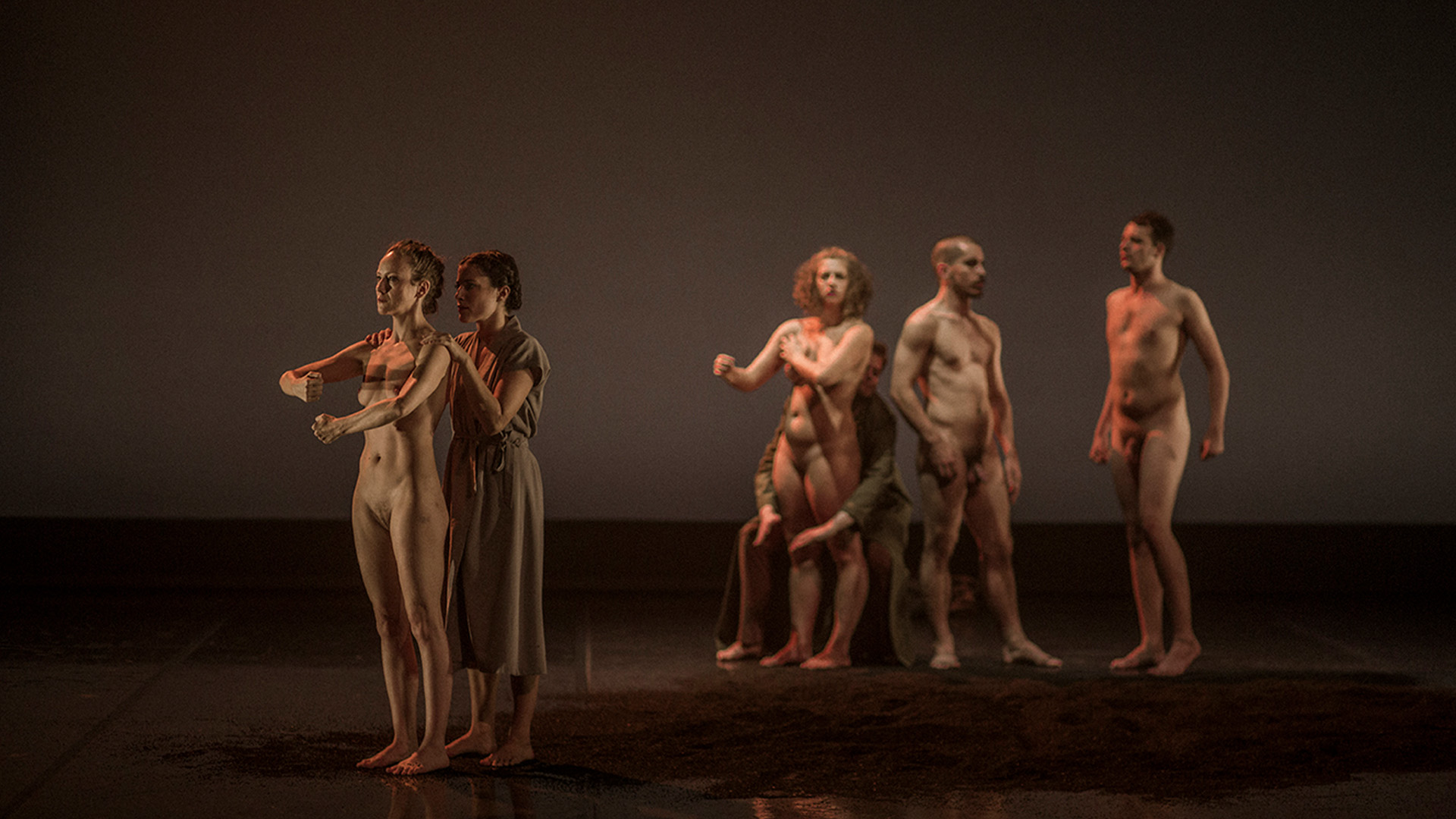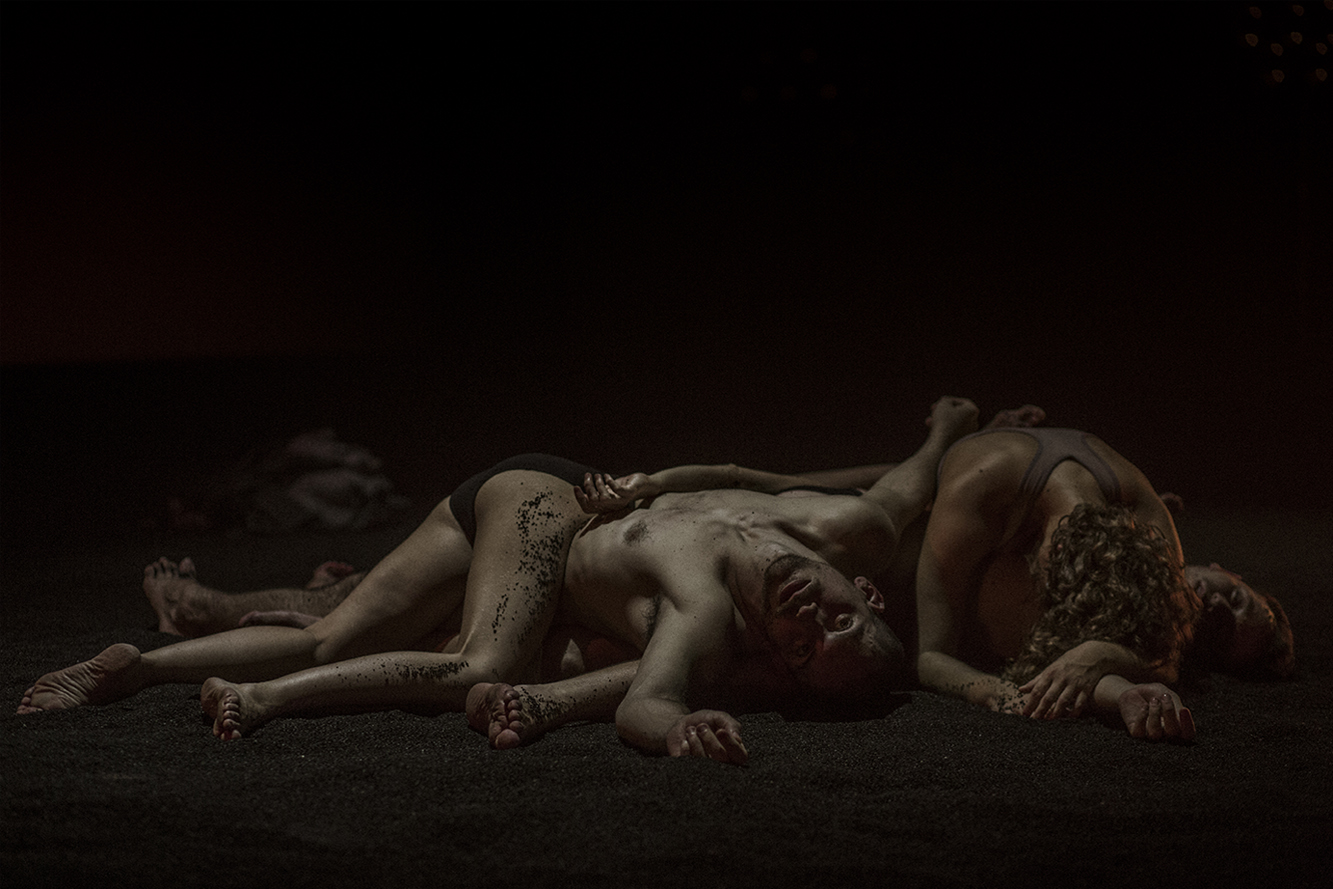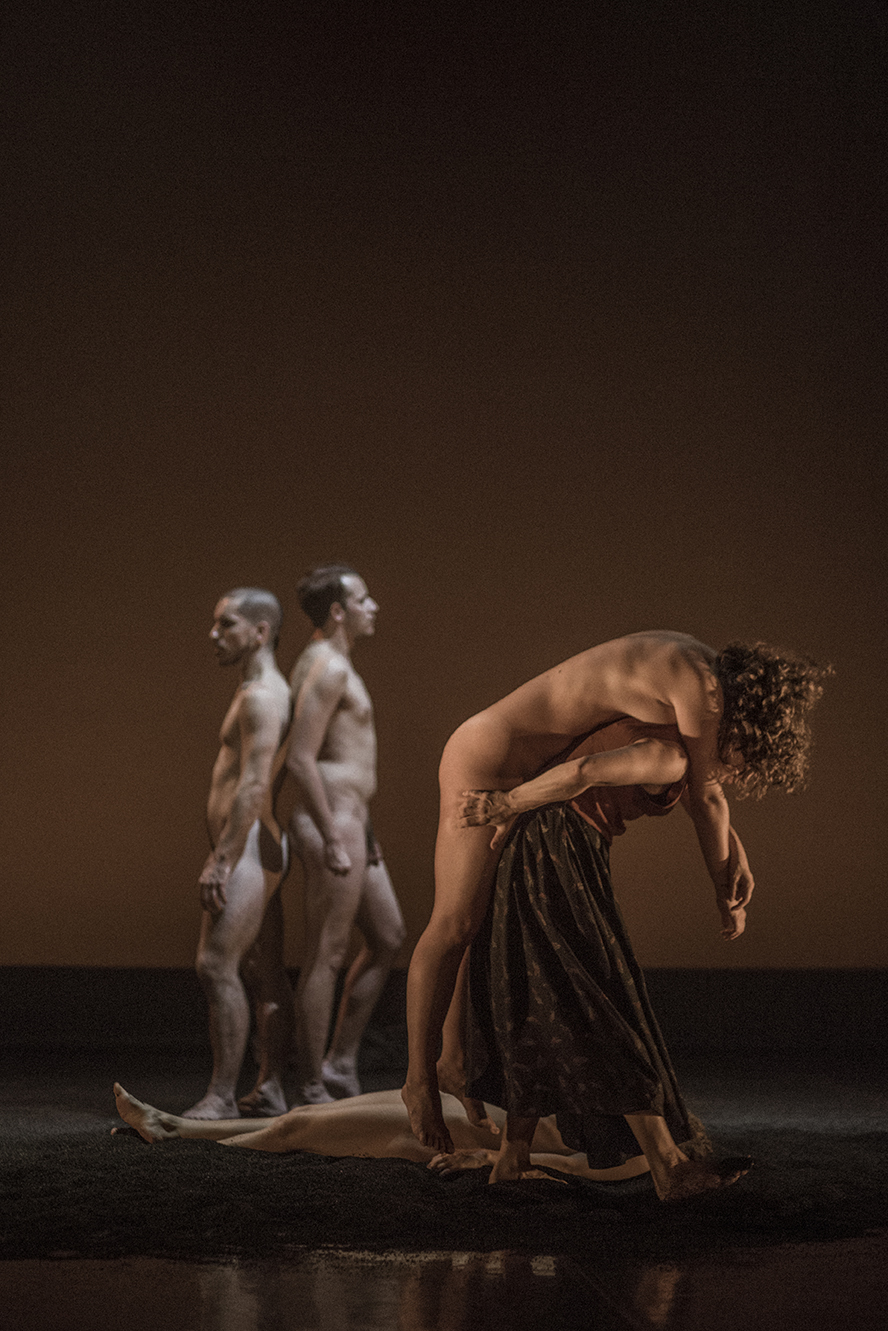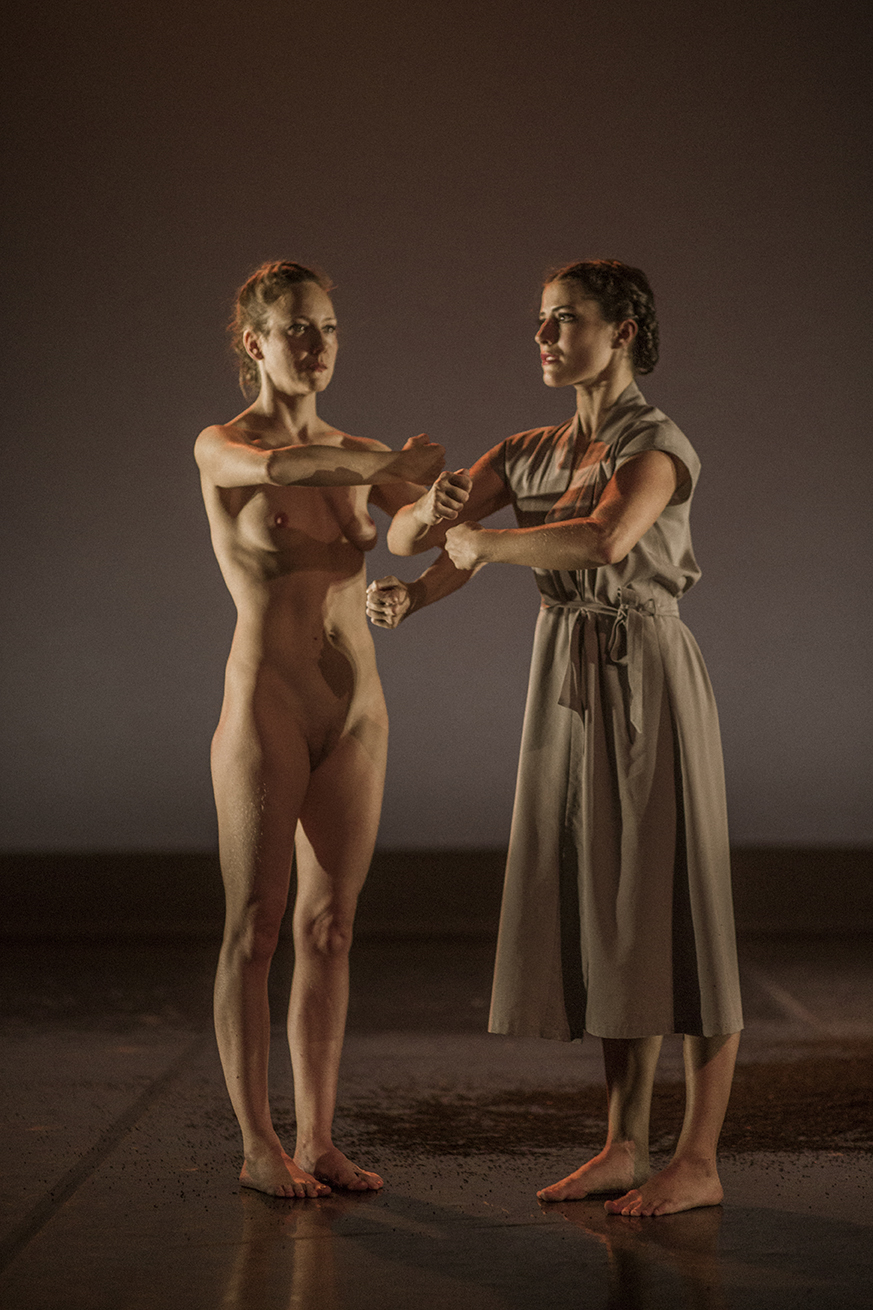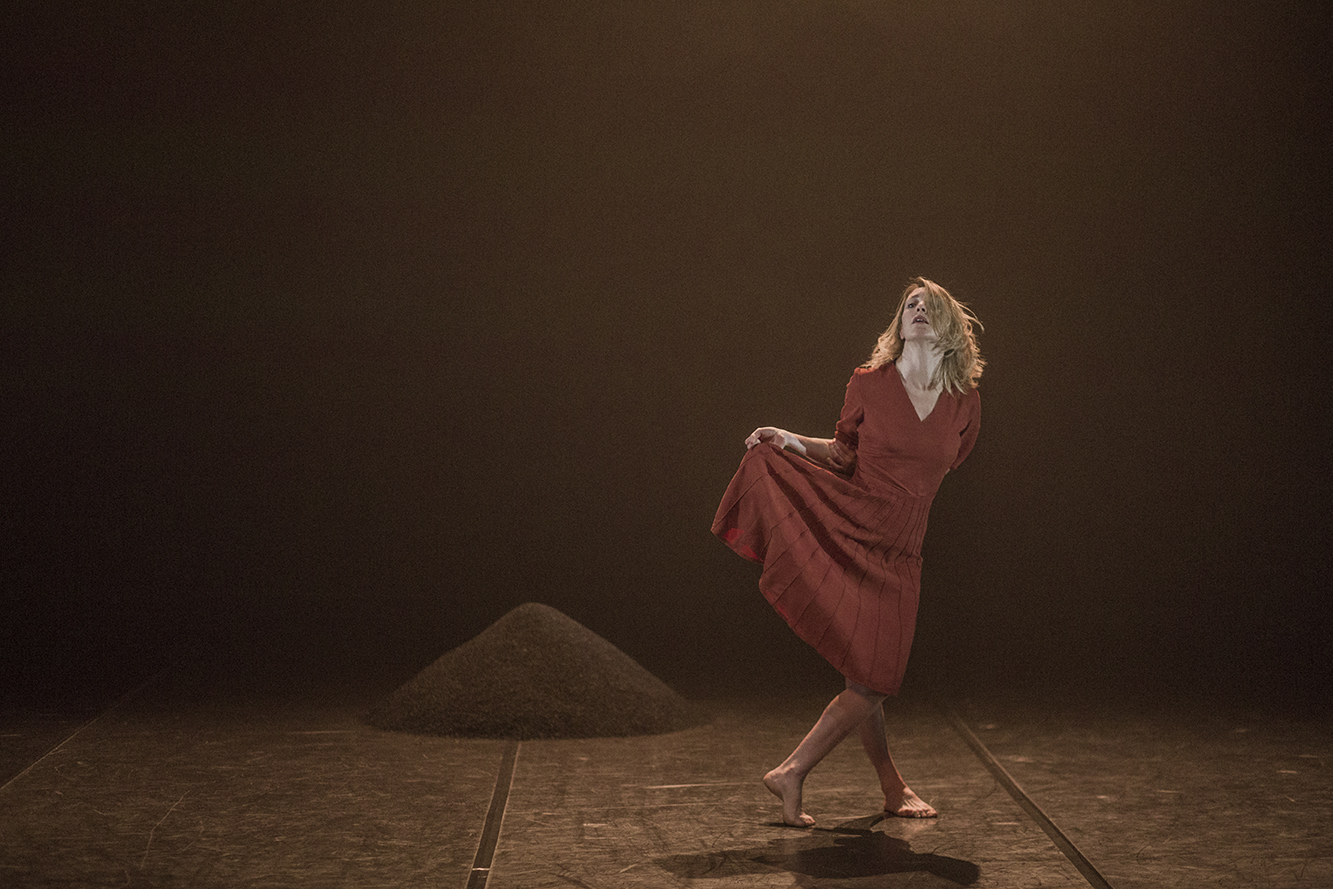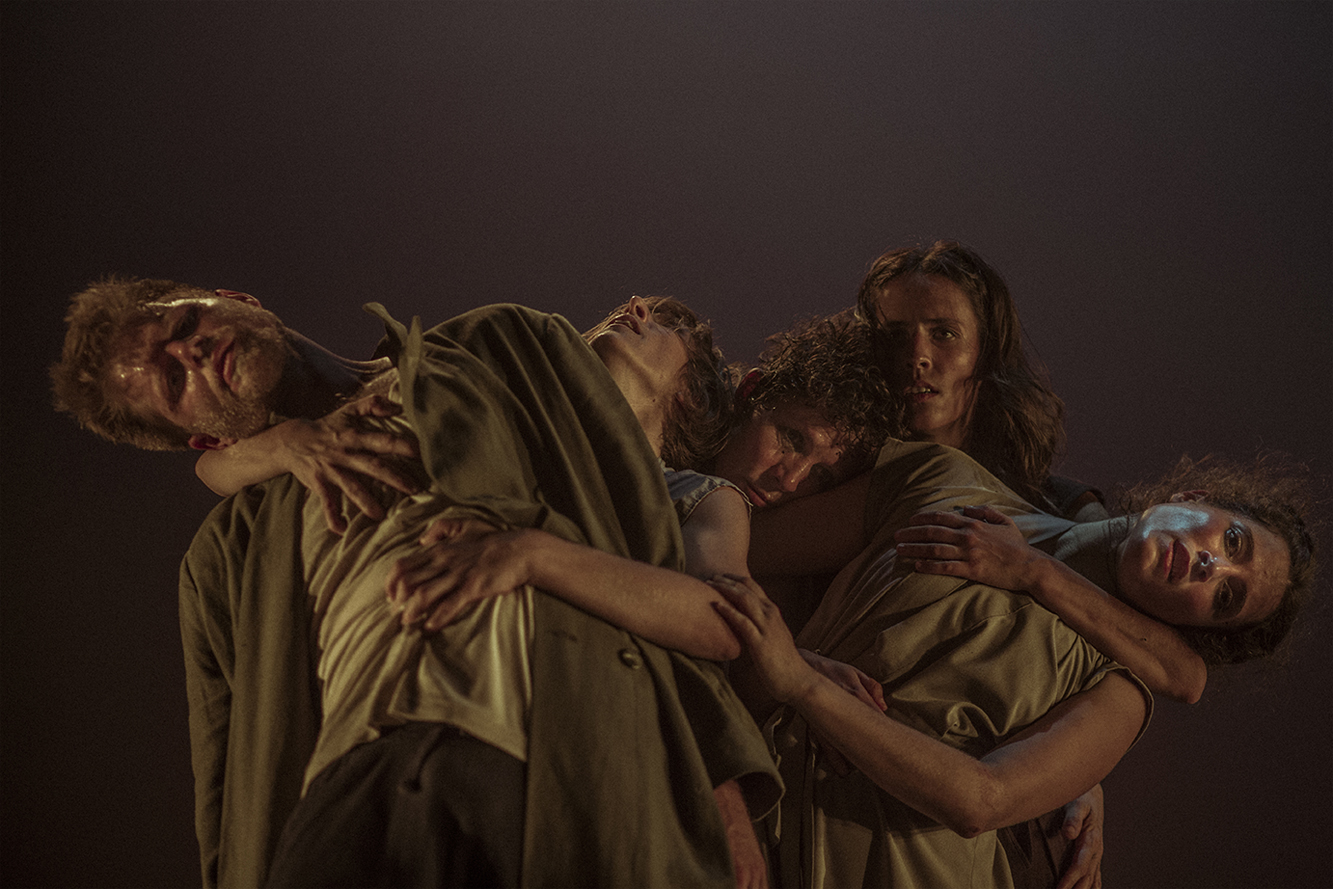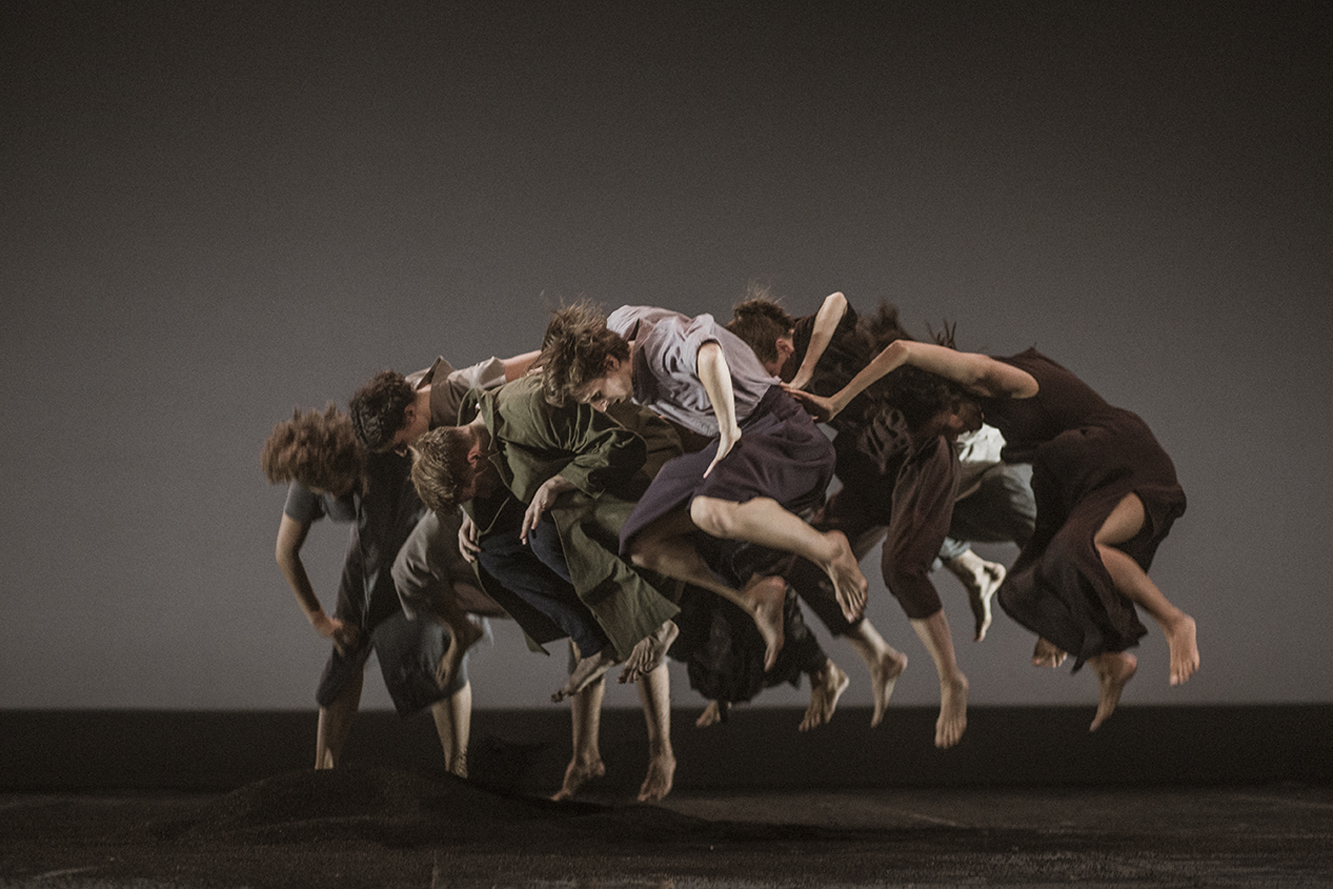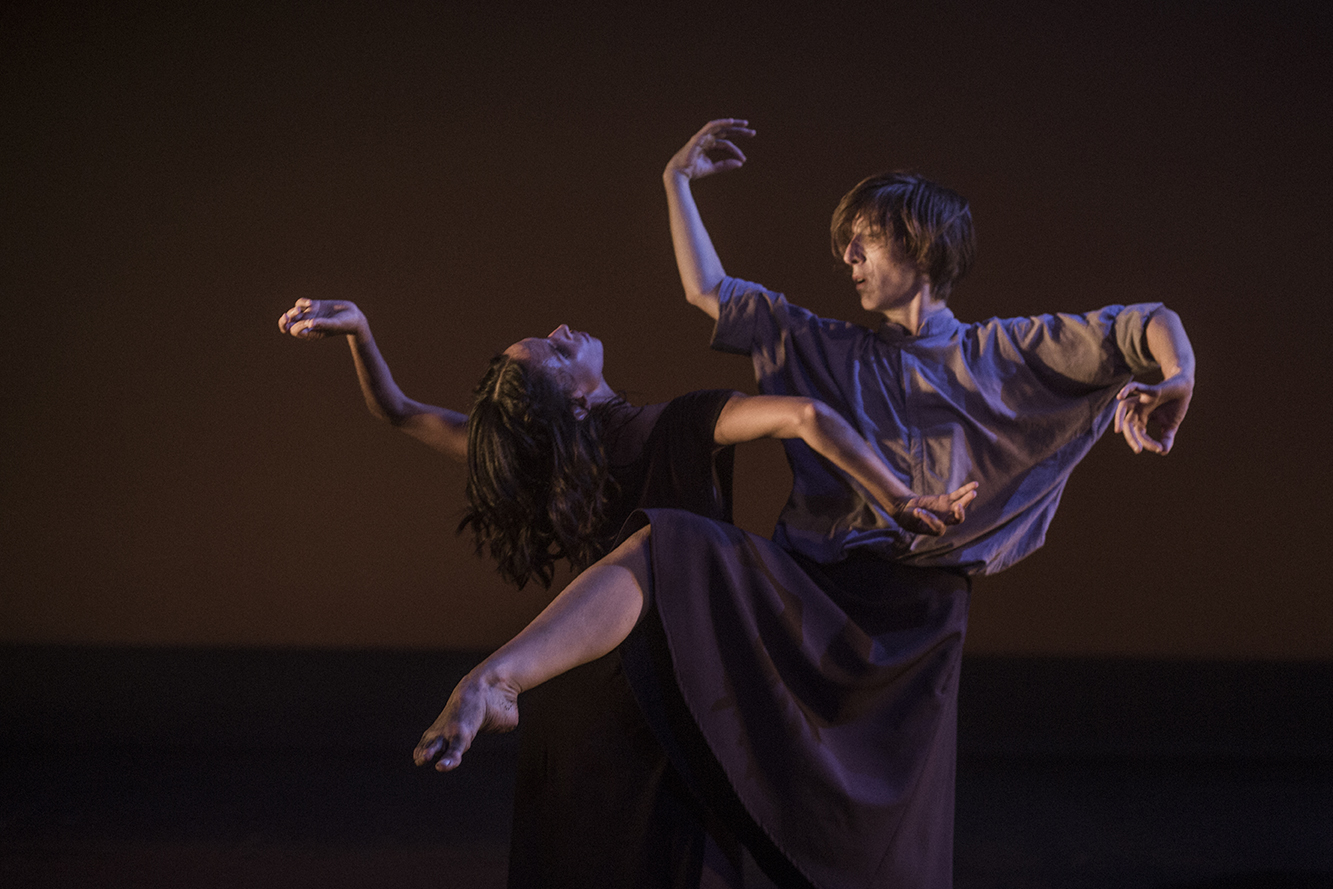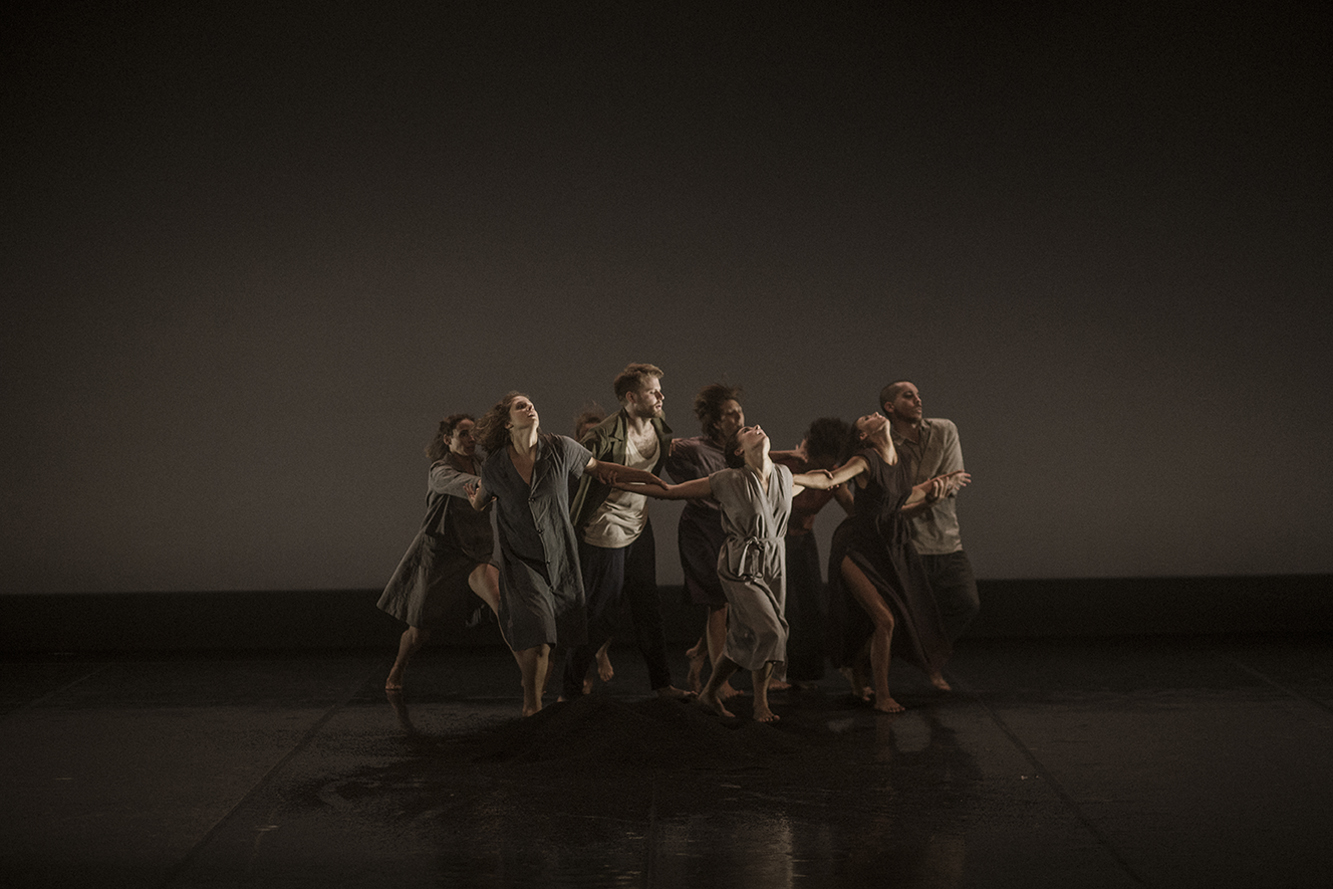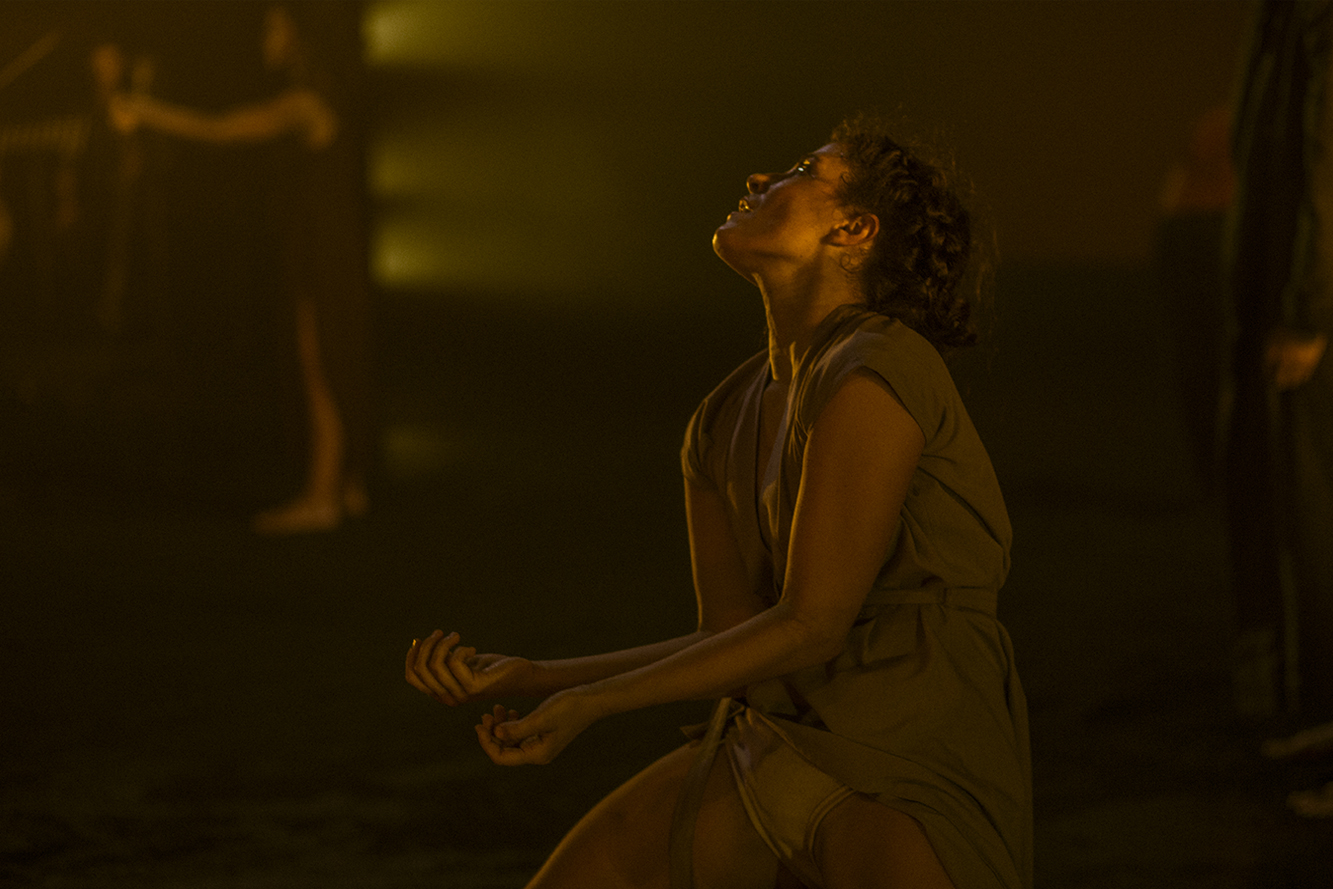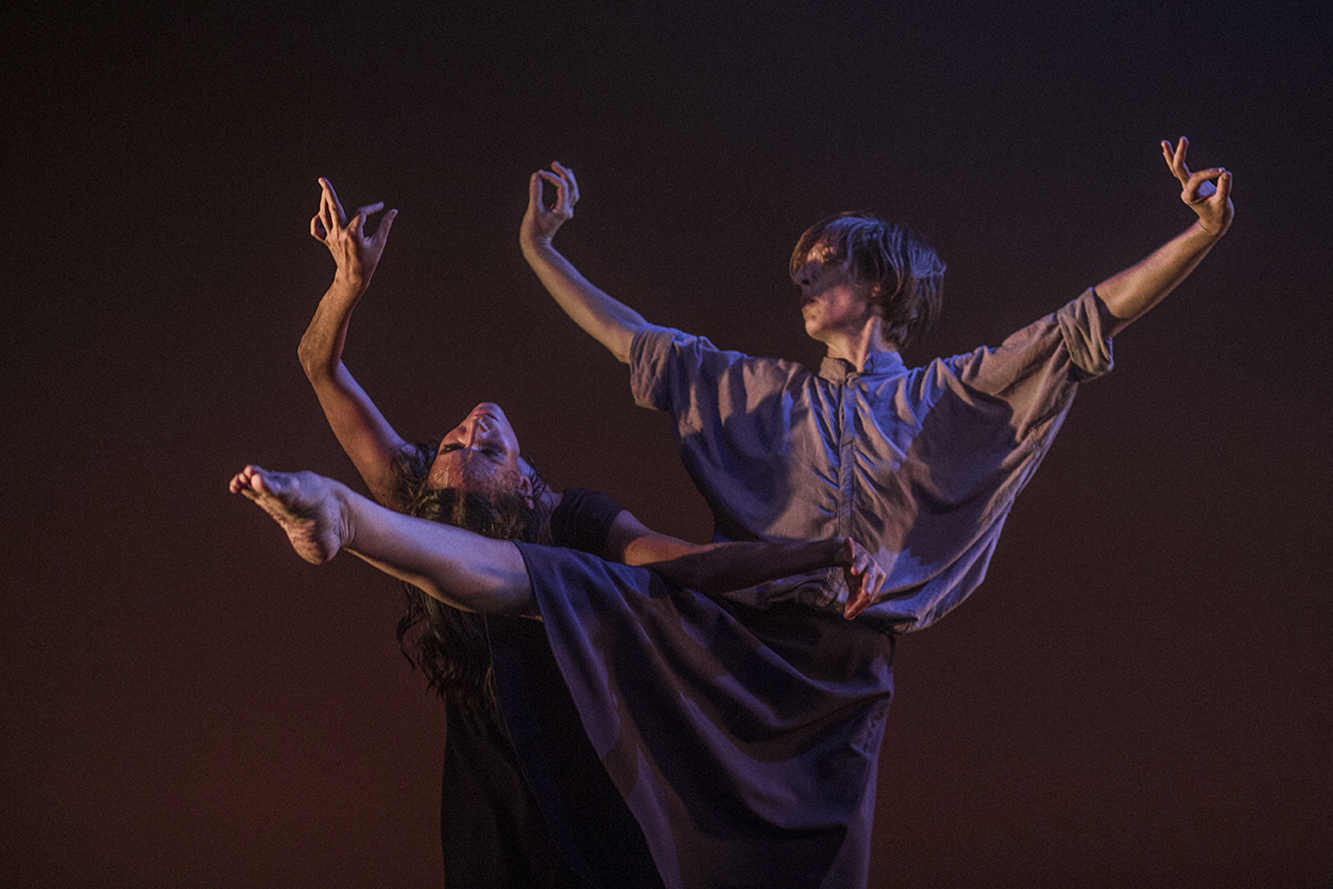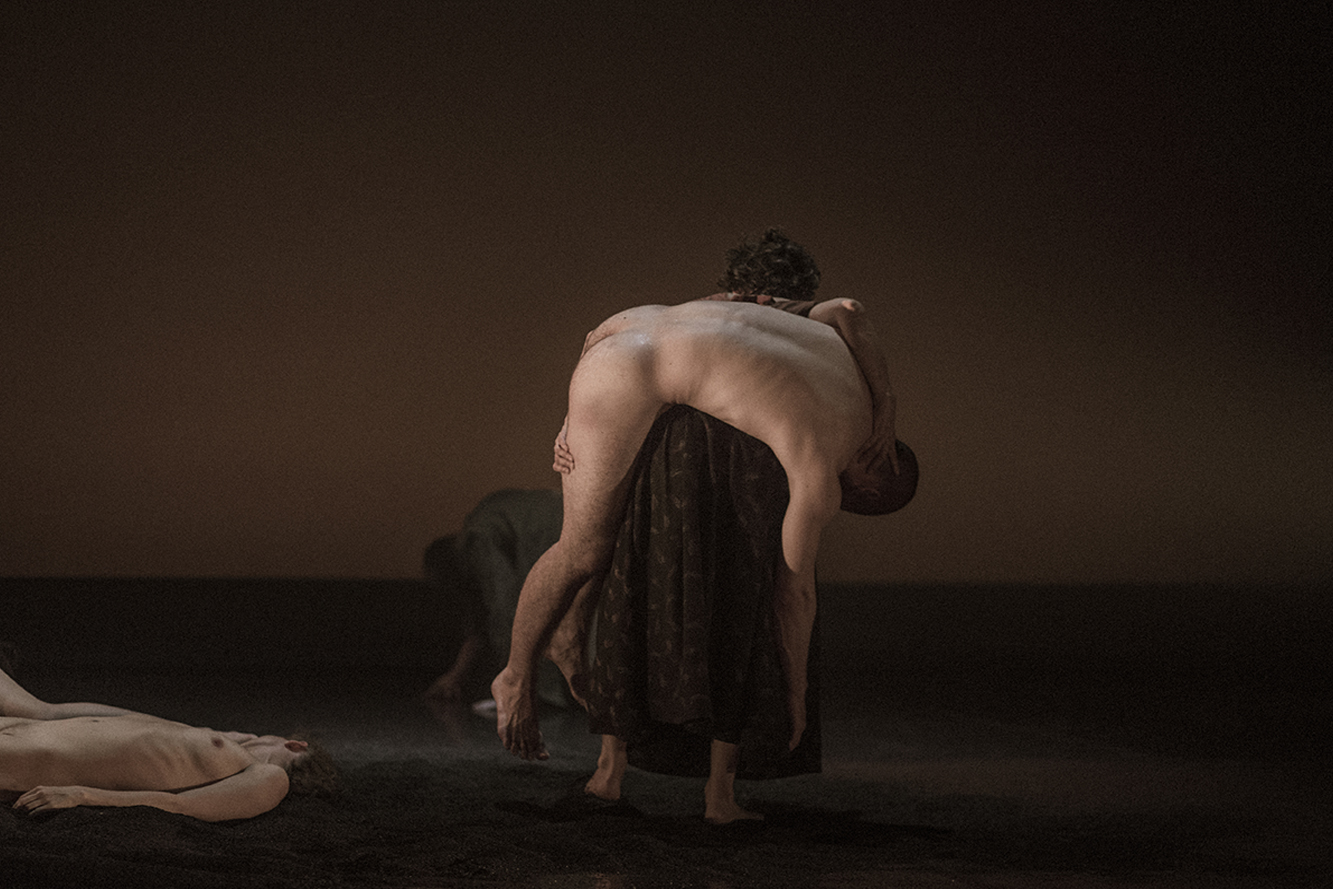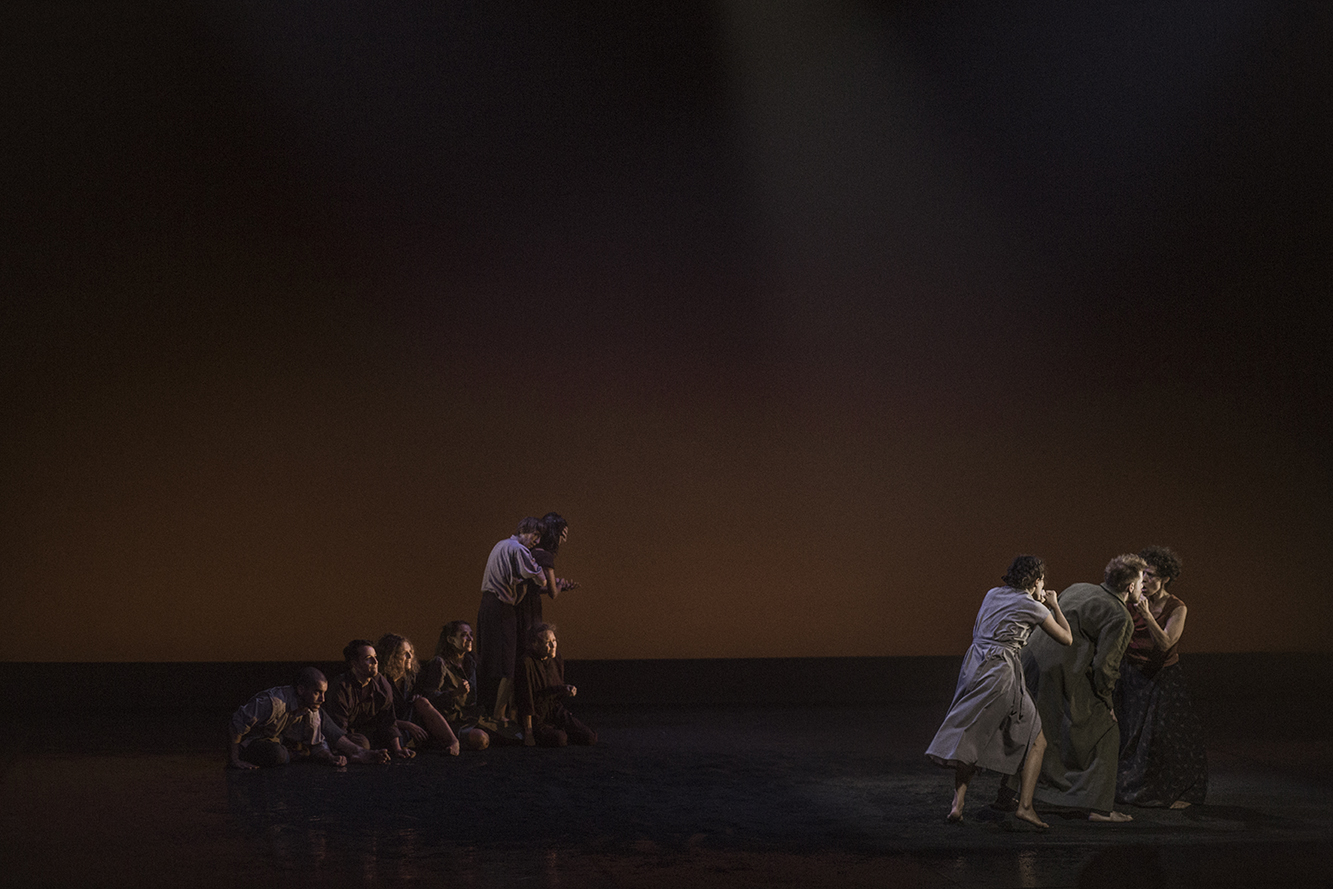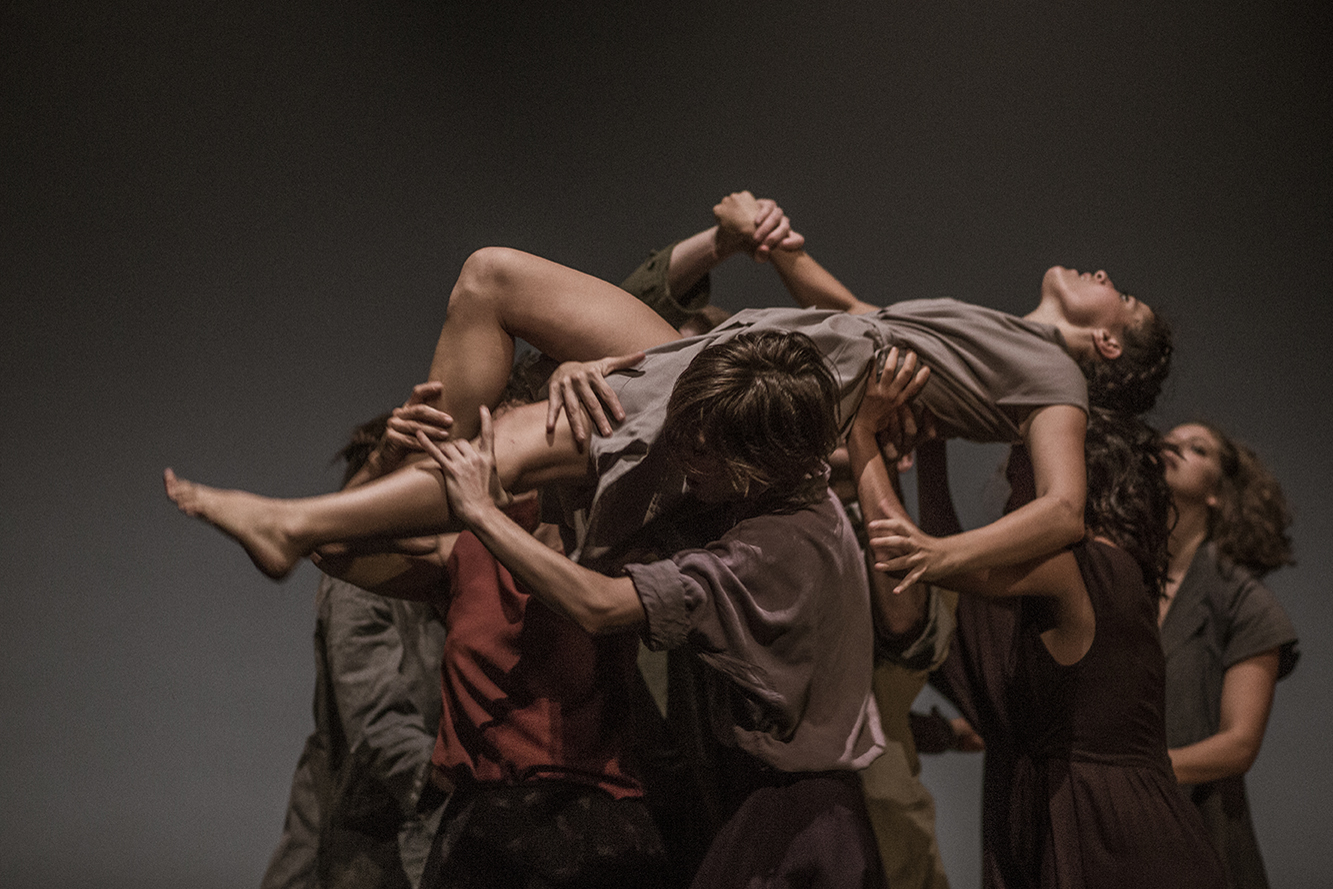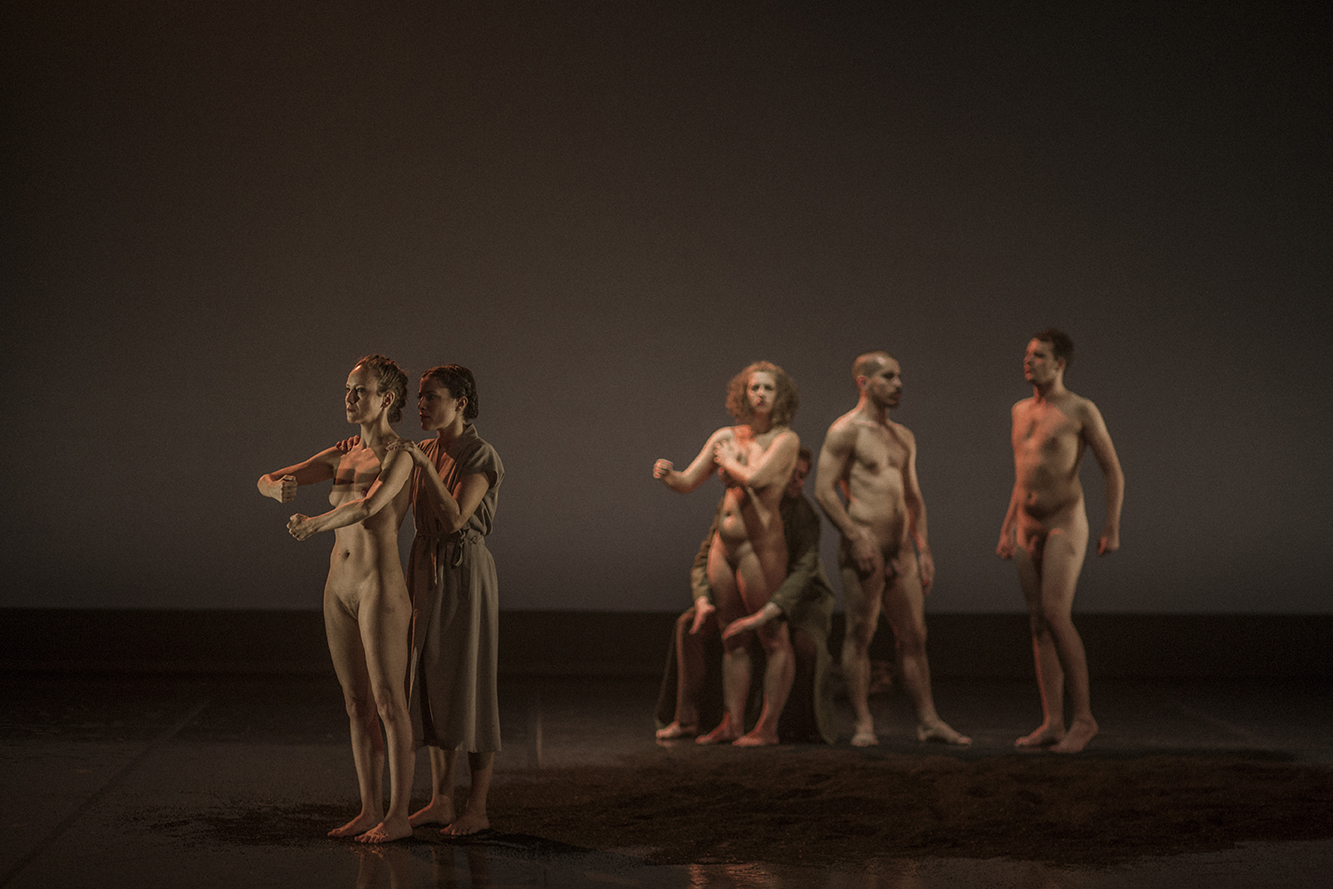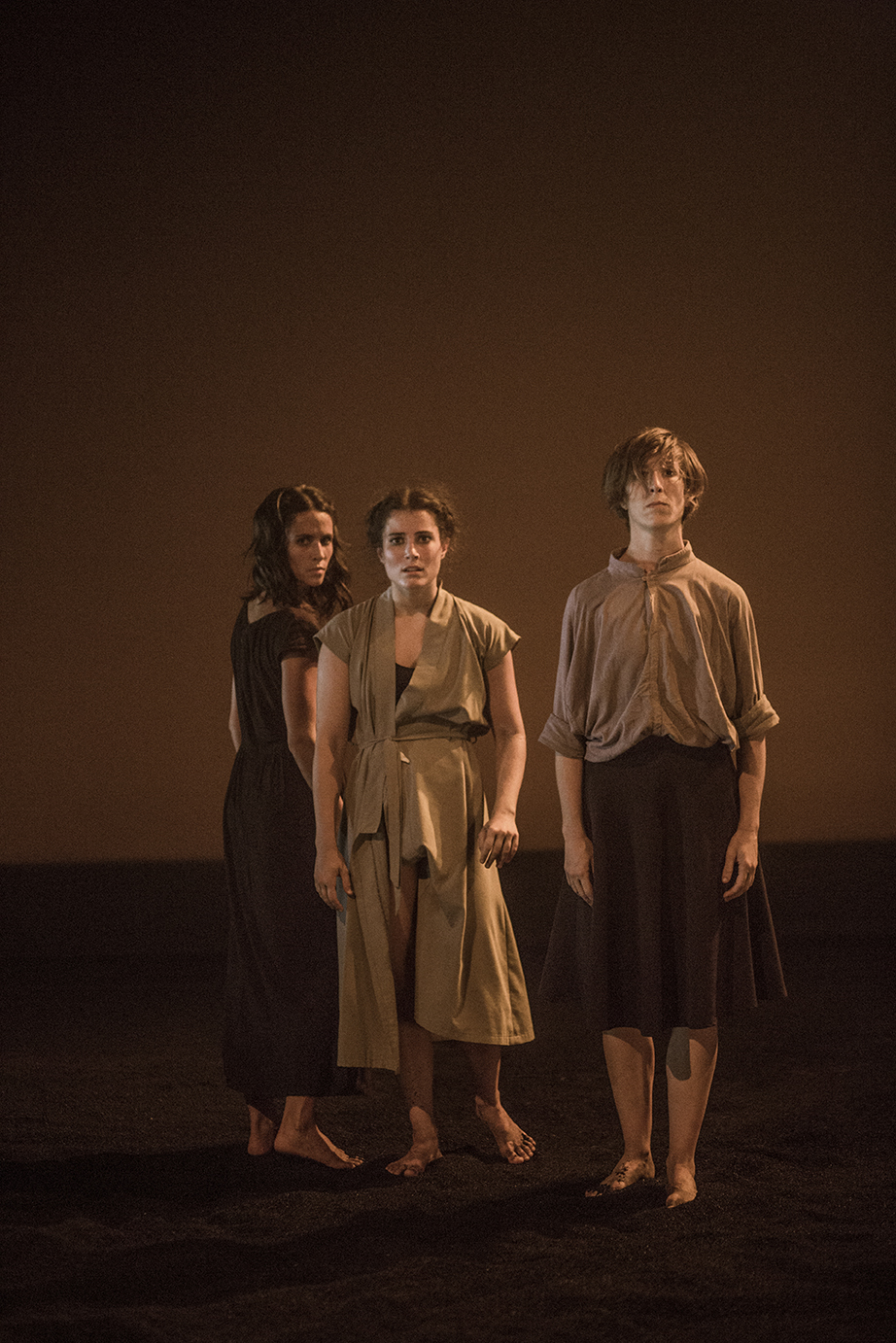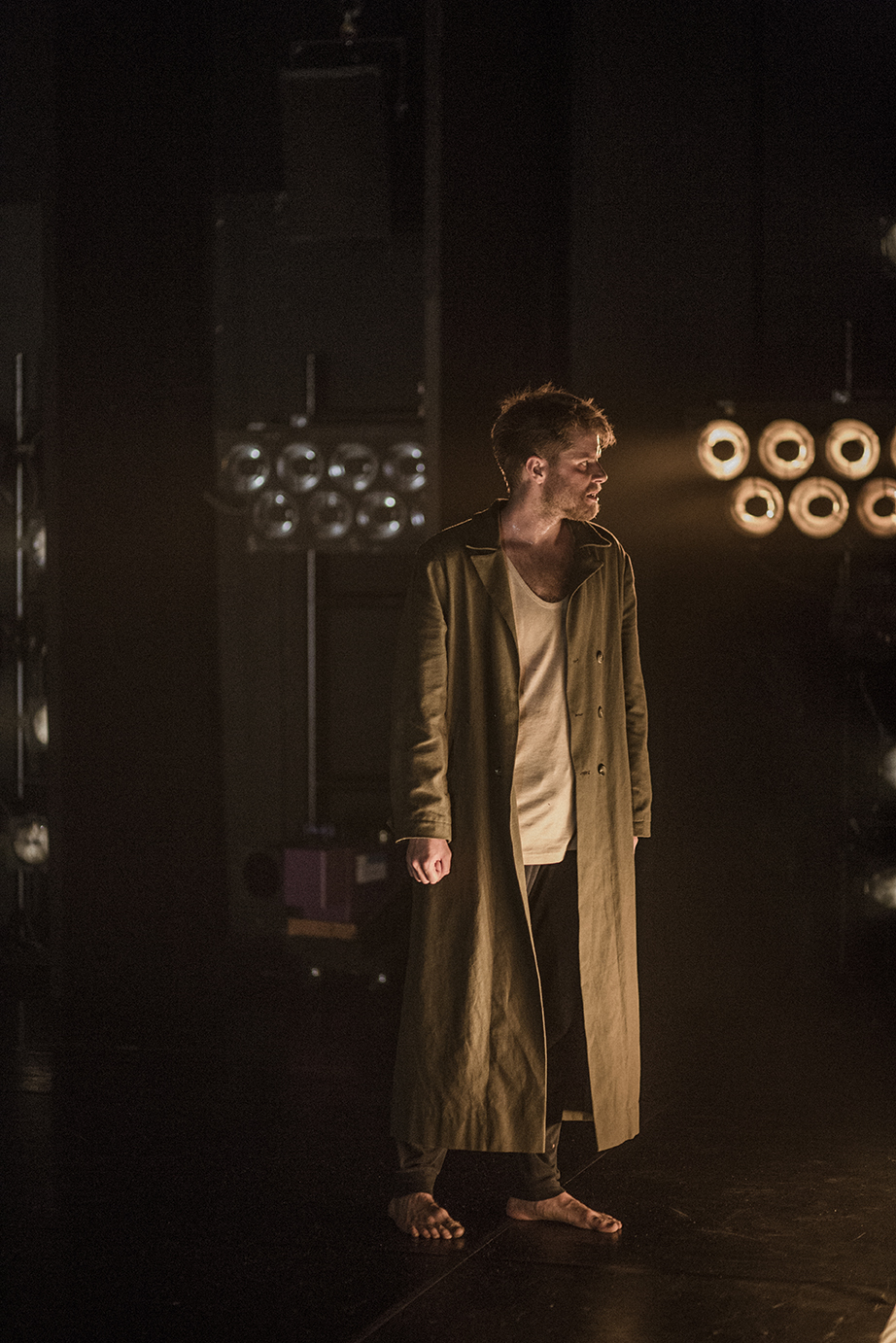01 Oct KASPAR HAUSER
Posted at 13:35h
in
Kaspar Hauser.
Europe’s Orphan
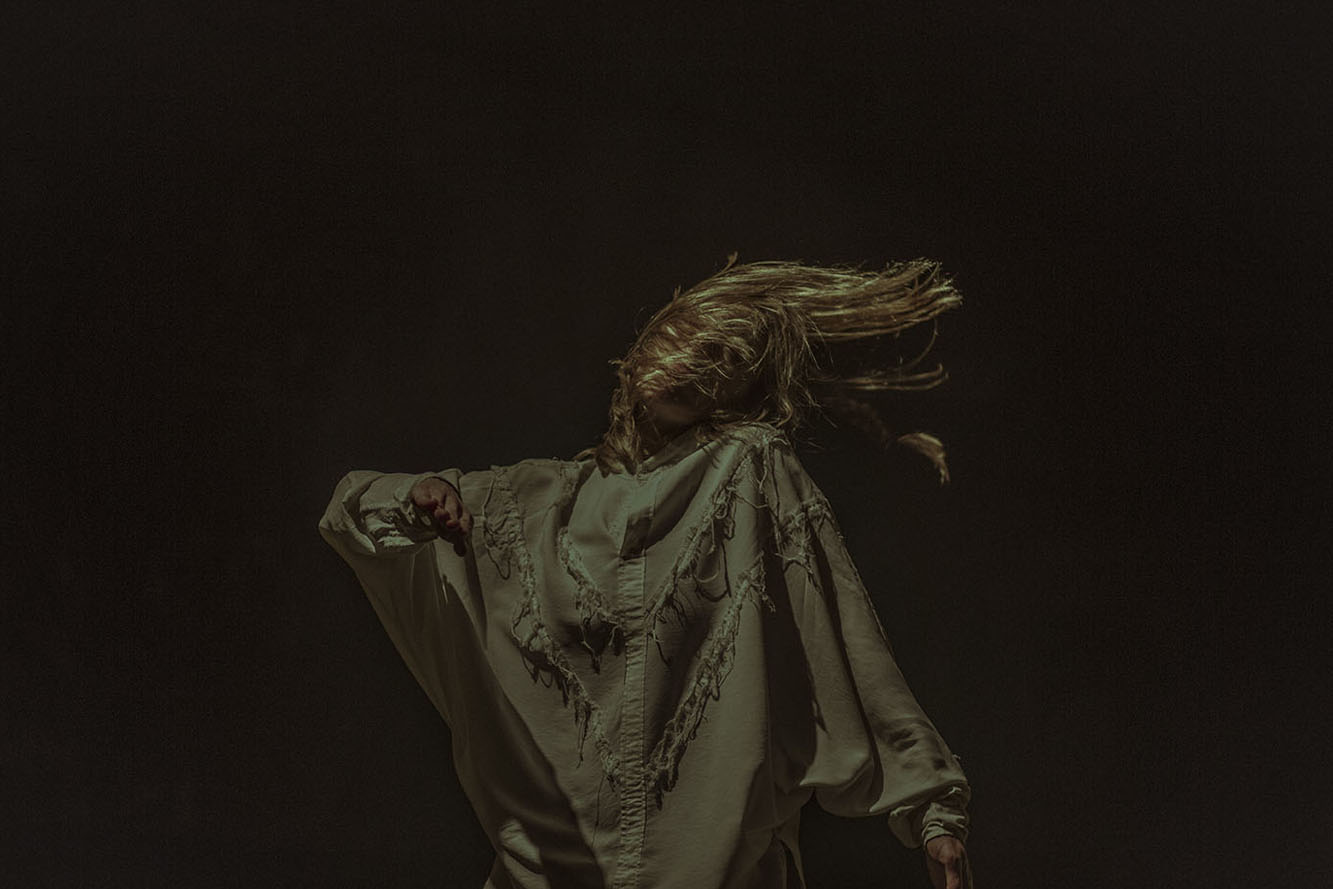
On May 26th, 1828 a strange young man, who could barely stand up, appeared in a plaza in Nuremberg. He carried an anonymous letter which gave scarce, contradictory information regarding his background and leaving him in the hands of those who found him.
Kaspar Hauser was immediately taken in by the city and later the whole country as a sort of social, political, and philosophical experiment. After six weeks he could speak rather fluently, he could read and write. It be came clear, from the boy himself, that he had lived up until that point in a cell, he slept on a straw mat, he heard no sounds, but there was a wooden horse there that he could play with. The brought him food at night (bread and water, occasionally with an opioid dressing). He told how a few days after gaining his freedom “the man who always accompanied him” showed him how to write his name and to speak the sentences that he repeated when he was found ( “A cavalryman like my father, I want to be” and “horse, horse”). Until that moment he had never seen a human being before.
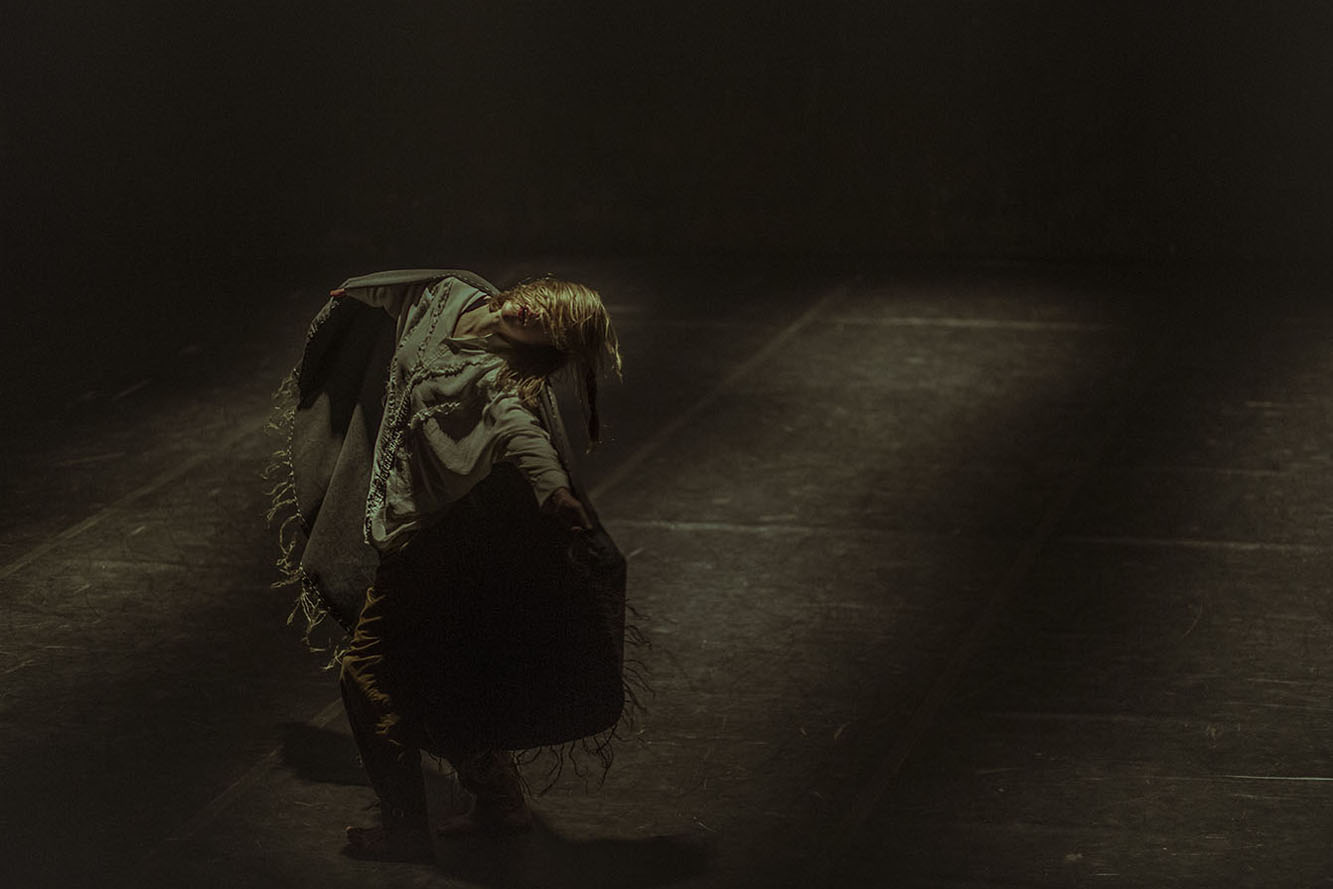
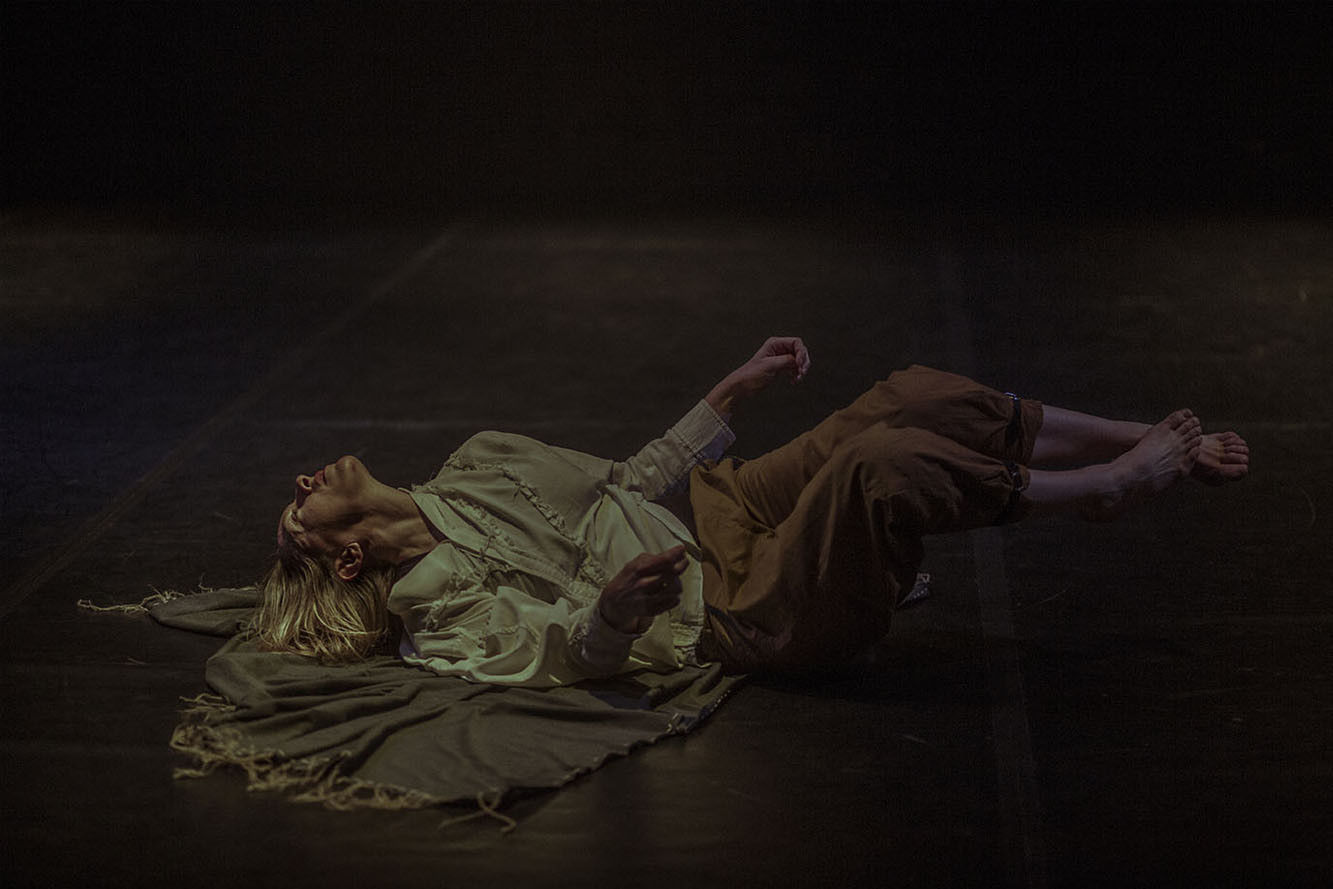
Doctors decreed that he was neither crazy nor mentally impaired beyond what he suffered from his confinement. His learning process was headed mainly by Anselm von Feuerbach who testified on the boys strange intelligence: a special sensitivity towards painting and horsemanship, passion for reading and music. Kaspar never determined who it was that he saw in the mirror’s reflection, he also never assimilated the idea of a monotheistic god, he was repelled by christian imagery and hated latin, he didn’t differentiate between real life and dreams, and attributed free will to all living beings.
Feuerbach suspected that Kaspar was the eldest son of one of the lines of the Baden family, who intended to get rid of him in a hidden struggle for sovereignty, and that his confinement was the only alternative to death. He was never able to prove where he really came from.
He died, murdered in strange circumstances on December 17th, 1833. His tombstone reads “Here lies Kaspar Hauser, enigma of his time. His birthdate unknown. His death a mystery”
DIRECTION AND DRAMATURGY
Luz Arcas y Abraham Gragera
CHOREOGRAPHY AND INTERPRETATION
Luz Arcas
COMPOSITION AND MUSIC INTERPETATION
Carlos González
LIGHTING
Jorge Colomer
FOTOGRAPHY AND VIDEO
Virginia Rota
GRAPHIC DESIGN
María Peinado
SCENOGRAPHY
Ana Montes
CUSTOME DESIGN
Heridadegato
PRODUCTION
Festival de Otoño a Primavera, Comunidad de Madrid y La Phármaco
